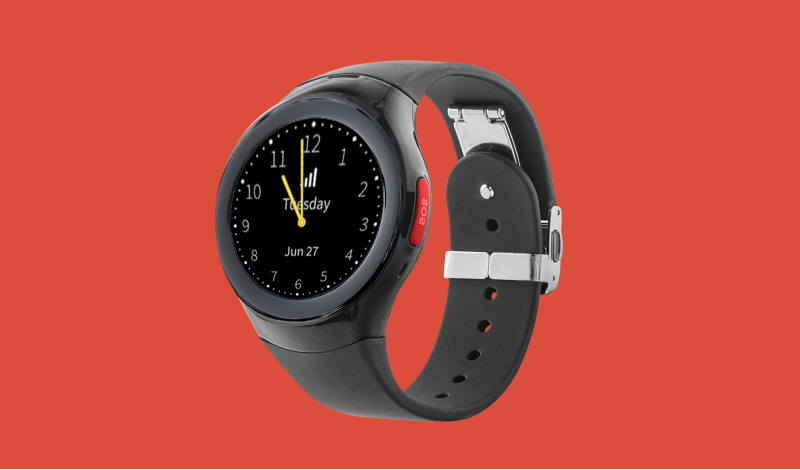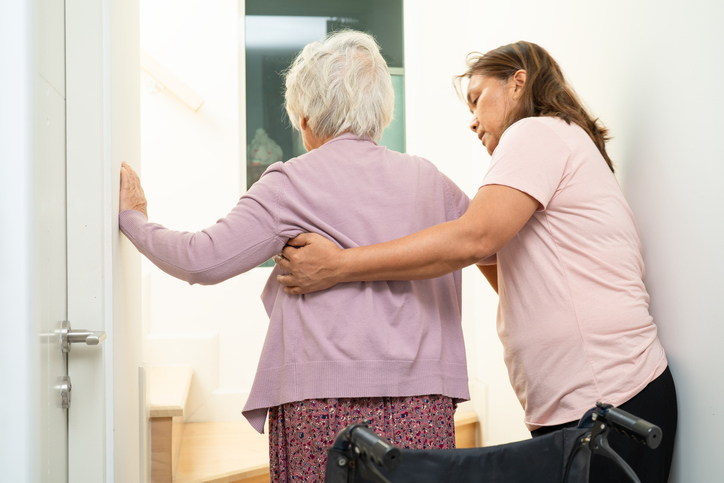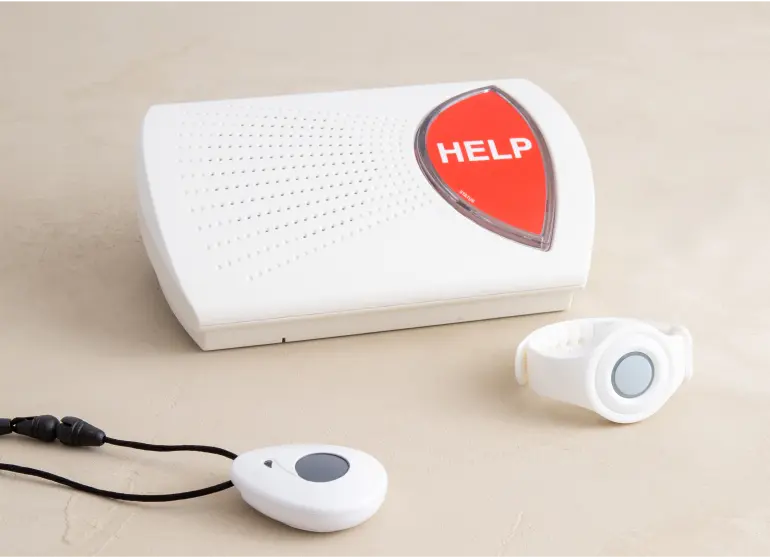With 41% of COVID deaths linked to long-term care facilities, more families are moving their loved ones home. It’s no wonder. Long-term care facilities account (LCTF) for just 8% of all COVID cases, but residents of these facilities are far more likely to die from COVID.
Bringing them home sounds like the easy and obvious solution, but caregiving is a stressful and difficult job even for people with specialized training. Most family members are abruptly assuming caregiver roles with little training or preparation. Is your family in this situation? Are you struggling to cope with the physical, family, and financial stresses of in-home caregiving?
Here are some ways you may be able to get help caring for your senior relative at home.
Can Medicare pay for family caregivers or in-home care? It’s complicated.
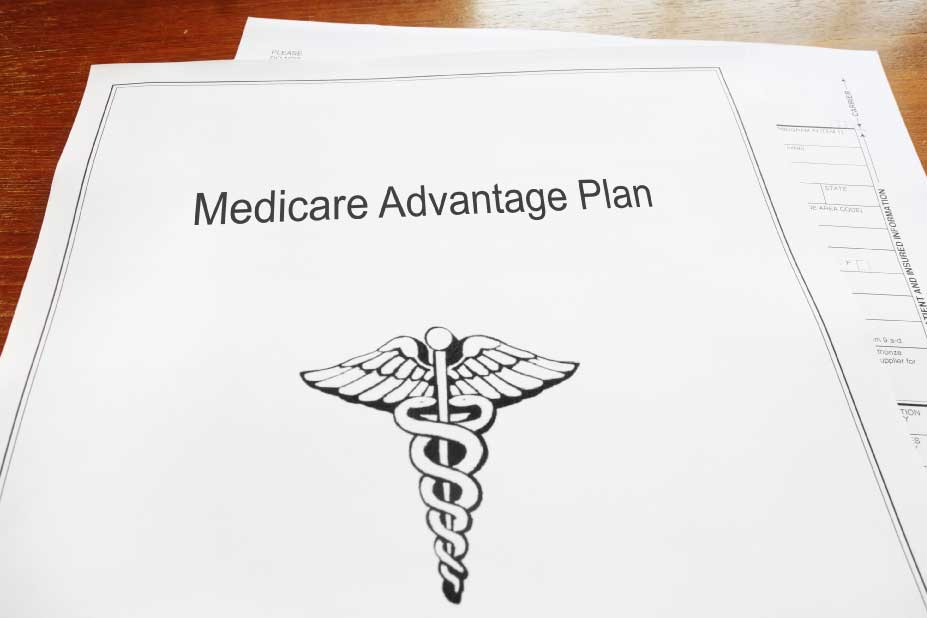
In certain circumstances, Medicare pays for in-home caregivers, but the benefit is limited, and must be prescribed by a physician. It may be easier to get help with non-skilled caregiving tasks like transportation to medical appointments, grocery shopping, cleaning, etc. – but only if your relative’s Medicare Advantage (MA) plan offers it.
This benefit is relatively new. Beginning in 2019, the Centers for Medicare and Medicaid (CMS) loosened requirements to allow MA plans the option of covering non-skilled in-home care. All covered activities must be designated as “medically appropriate by a licensed health care provider.” MA plans aren’t required to offer this benefit, but many do.
Ask your relative’s primary care doctor if she qualifies for either of these benefits.
Some states allow self-directed Medicaid payments to family caregivers

“Self-directed Medicaid services” provide direct payments to Medicaid recipients. Participating states allow the individuals receiving services to select their own care providers – even family members.
Program qualifications and rules vary by state:
- Some states limit the number of participants.
- Some states don’t allow a spouse to receive payments for caregiving.
Contact your state Medicaid agency for information about your state.
Veterans and their families can access the VA’s Caregiver Support programs
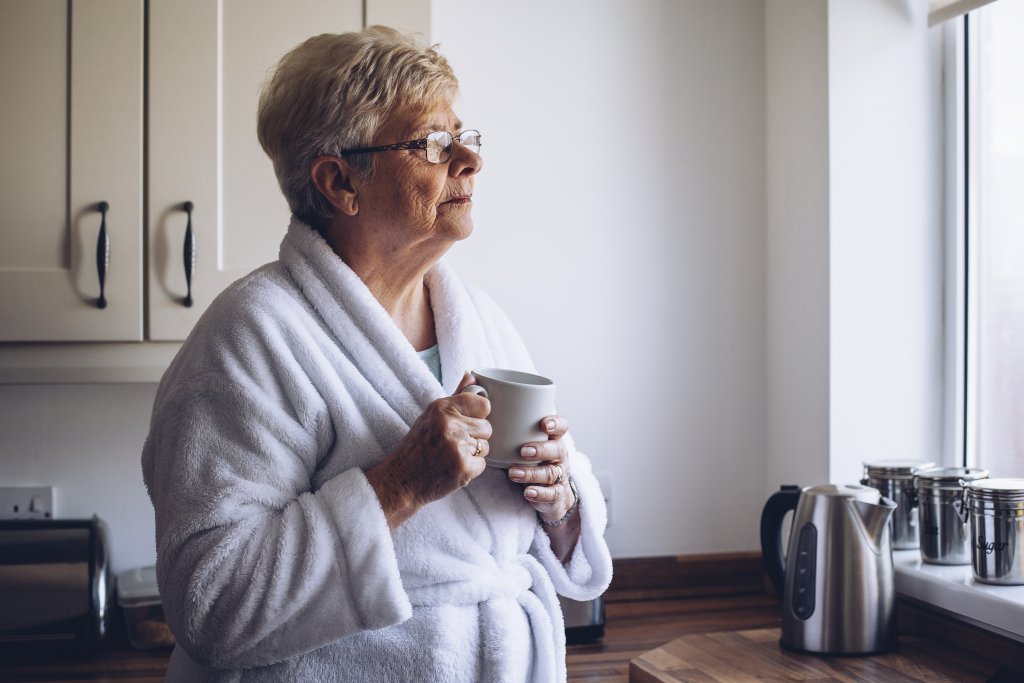
Every VA medical center has a Caregiver Support Coordinator on staff to help caregivers find support and access caregiver programs and services. Use the search tool to find a facility or call the VA Caregiver Support line at 1-855-260-3274.
Caregiver support options may depend on the veteran’s time of service and type of injuries:
- Post 9/11 veterans may be eligible for the Program of Comprehensive Assistance for Family Caregivers, which provides stipends to family caregivers of veterans with specific injuries or health conditions.
- All caregivers and veterans are eligible for the Program of General Caregiver Support Services. That provides counseling, peer support, education, and training for family caregivers. Although this service doesn’t provide monetary stipends, it can help caregivers cope with stress, care for themselves, and provide better care to their family member.
Check for state and local caregiver resources
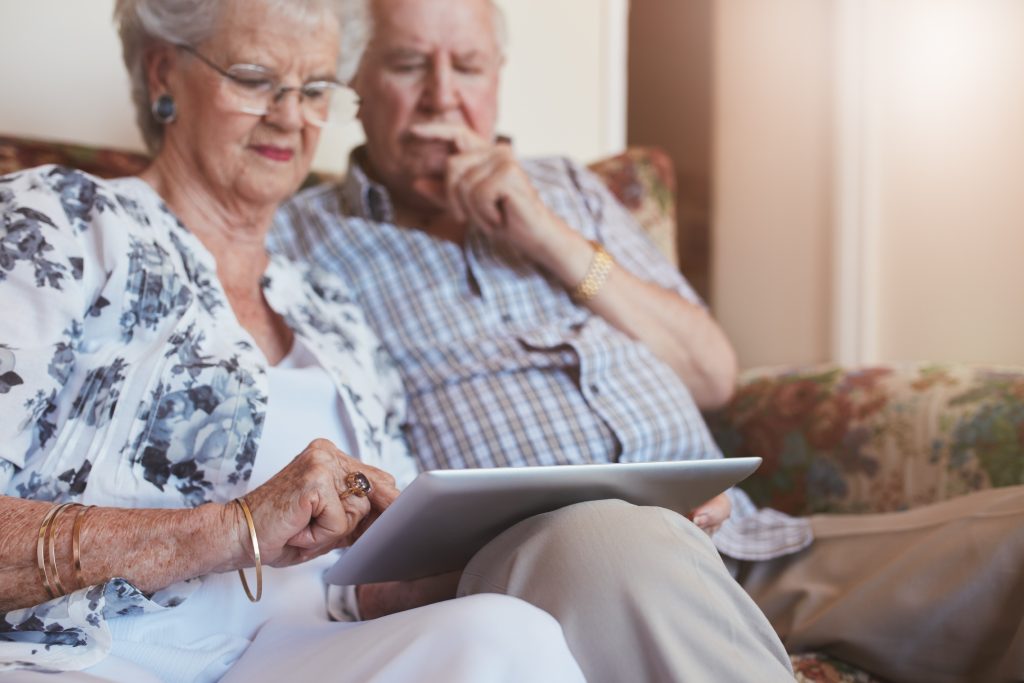
Many local governments and non-profit and religious organizations offer various types of caregiver support. Caregivers can also tap into informal networks and technology for assistance.
- Informal helpers: Talk with family members, friends, neighbors, and members of your religious congregation about ways they can help and create a contact list. Just knowing you have back-up can help relieve stress.
- Nutrition programs: Most community nutrition centers stopped serving in-house meals due to COVID, but many still offer free or low cost prepared meals for pick-up or delivery.
- GPS medical alert with caregiver tracking: As many as 50% of dementia patients who wander away from home can suffer serious injuries or even die if they aren’t found within 24 hours. A medical alert system with a caregiver tracking option gives caregivers the ability to monitor the location of their loved one.
- Respite care: Many adult day care programs are trying to keep seniors mentally and socially engaged with online activities like communal singing, games, and socializing.
- Employee assistance programs: Your employer may offer some type of paid respite care or other benefit to employees caring for children or seniors.
- Caregiver support groups: Being with other caregivers – even virtually – can be an important way to relieve stress and depression. You also get to share expertise and ideas with people in similar situations.
The Family Caregiver Alliance has a state-by-state navigator map that helps family caregivers find resources.
Author Tia Walker wrote, “To care for those who once cared for us is one of the highest honors.” At Bay Alarm Medical, we salute all family caregivers. Contact us through our Web site or call 1-877-522-9633 to learn more about how a home medical life alert system can help protect your family and provide peace of mind.
We thought you might also like:
Little Known Facts About Veterans Caregiver Benefits – And Why They Matter
GPS Medical Alert With Caregiver Tracking: Find Dementia Patients Who Wander



